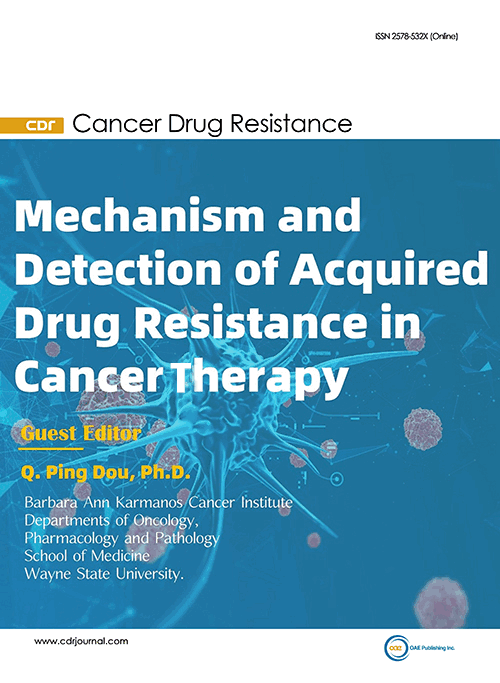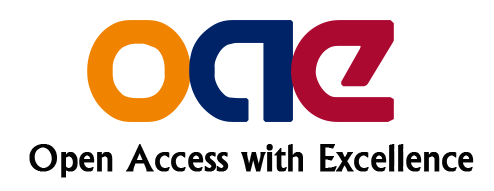
Topic: Mechanism and Detection of Acquired Drug Resistance in Cancer Therapy
Guest Editor(s)
Special Issue Introduction
Cancer remains a major global public health challenge, which ranks as the second leading cause of death worldwide. Conventional options for cancer treatments include chemotherapy, radiation and hormonal therapy, and surgery. In recent years, targeted therapies have been developed to join these treatment options. These targeted cancer therapies can be divided into immunotherapies (e.g., antibody therapy) and targeted drug therapies (e.g., small molecule drugs that can block cell surface receptors or downstream signaling proteins).
Although great progress has been made in cancer treatment, we are still far from definitively curing cancer. The outlook for patients with many types of cancers remains very poor. This is mainly due to the resistance of cancer cells to either conventional therapies or targeted therapies; not all patients respond to the selected cancer therapy, and relapse occurs in many cancer patients who initially responded. Therefore, acquired drug resistance is a critical barrier to progress in both conventional and targeted therapies for treating human cancers.
Researchers have been looking for cutting-edge strategies to overcome or reverse cancer drug resistance. Along these lines, substantial progress has been made in developing new technologies for detection and analysis of resistant cancer cells, profiling pharmacogenomic signatures in resistant tumors, understanding molecular mechanisms of cancer drug action and resistance, and discovering and developing new drugs or combination therapies for treating resistant cancers.
This Special Issue of "Mechanism and Detection of Acquired Drug Resistance in Cancer therapy" aims to include Original Articles, Reviews, Commentaries, etc., on detection of acquired cancer drug resistance under either pre-clinical or clinical settings, the underlying molecular mechanisms of the acquired drug resistance, and development and further clinical confirmation of potential reversal strategies for drug resistance. All submissions will undergo rigorous peer review and will be published free of charge upon acceptance.
Although great progress has been made in cancer treatment, we are still far from definitively curing cancer. The outlook for patients with many types of cancers remains very poor. This is mainly due to the resistance of cancer cells to either conventional therapies or targeted therapies; not all patients respond to the selected cancer therapy, and relapse occurs in many cancer patients who initially responded. Therefore, acquired drug resistance is a critical barrier to progress in both conventional and targeted therapies for treating human cancers.
Researchers have been looking for cutting-edge strategies to overcome or reverse cancer drug resistance. Along these lines, substantial progress has been made in developing new technologies for detection and analysis of resistant cancer cells, profiling pharmacogenomic signatures in resistant tumors, understanding molecular mechanisms of cancer drug action and resistance, and discovering and developing new drugs or combination therapies for treating resistant cancers.
This Special Issue of "Mechanism and Detection of Acquired Drug Resistance in Cancer therapy" aims to include Original Articles, Reviews, Commentaries, etc., on detection of acquired cancer drug resistance under either pre-clinical or clinical settings, the underlying molecular mechanisms of the acquired drug resistance, and development and further clinical confirmation of potential reversal strategies for drug resistance. All submissions will undergo rigorous peer review and will be published free of charge upon acceptance.
Submission Deadline
31 Mar 2021
Submission Information
For Author Instructions, please refer to https://www.oaepublish.com/cdr/author_instructions
For Online Submission, please login at https://oaemesas.com/login?JournalId=cdr&SpecialIssueId=513
Submission Deadline: 31 Mar 2021
Contacts: Lori Kang, Assistant Editor, lori@cdrjournal.com






